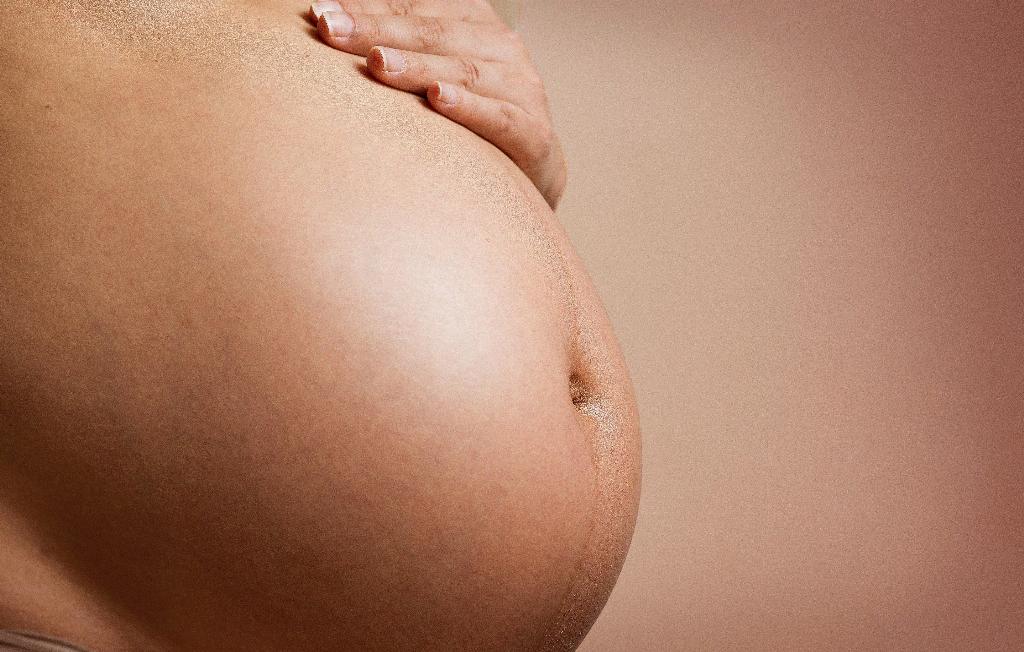When it comes to pregnancy, the effects of caffeine consumption on fetal development cannot be overlooked. Numerous studies have shed light on the potential risks posed by maternal caffeine exposure during pregnancy. Let’s delve deeper into how caffeine can impact the fetus during pregnancy.
Embryo Implantation Disruption
Research has shown that maternal caffeine intake can disrupt embryo implantation, a critical process in early pregnancy. This disruption can interfere with the embryo’s ability to properly attach to the uterine lining, potentially leading to pregnancy complications.
Midterm Fetal Growth
Furthermore, ongoing studies have highlighted the negative impact of caffeine on midterm fetal growth. Maternal caffeine exposure has been linked to stunted growth and development of the fetus, which can result in low birth weight and associated health issues.
Pregnancy Loss
One of the most concerning risks associated with caffeine consumption during pregnancy is the increased likelihood of pregnancy loss. The disruptive effects of caffeine on fetal development can contribute to miscarriages and other pregnancy complications.
Low Birth Weight
Babies born to mothers who consumed caffeine during pregnancy are at a higher risk of being born with low birth weight. This can have long-term implications for the child’s health and development, underscoring the importance of avoiding caffeine during pregnancy.
Impaired Brain Development
Another critical aspect of fetal development that can be impacted by maternal caffeine exposure is brain development. Studies have shown that caffeine consumption during pregnancy can lead to impaired brain development in offspring, potentially affecting cognitive function and overall health.
Neurobehavioral Effects
Additionally, maternal caffeine intake has been associated with neurobehavioral effects in offspring. These effects can manifest as behavioral changes, learning difficulties, and other cognitive impairments, highlighting the need for caution when it comes to caffeine consumption during pregnancy.
Cardiovascular Risks
Research suggests that maternal caffeine exposure may pose cardiovascular risks to the developing fetus. This includes potential implications for heart health and circulation, further emphasizing the importance of monitoring caffeine intake during pregnancy.
Recommendations for Expecting Mothers
Given the potential risks associated with caffeine consumption during pregnancy, it is advisable for expecting mothers to limit or avoid caffeine intake. Opting for decaffeinated beverages and staying mindful of hidden sources of caffeine can help protect the health and development of the unborn child.
Consultation with Healthcare Providers
Expecting mothers should always consult with their healthcare providers regarding dietary choices during pregnancy, including caffeine consumption. Healthcare professionals can provide personalized guidance and recommendations based on individual health factors and pregnancy status.
Conclusion
In conclusion, the impact of caffeine on fetal development is a significant concern for expecting mothers. By understanding the potential risks and making informed choices, pregnant individuals can help safeguard the health and wellbeing of their unborn child. Prioritizing healthy habits and seeking guidance from healthcare professionals can support a safe and successful pregnancy journey.

